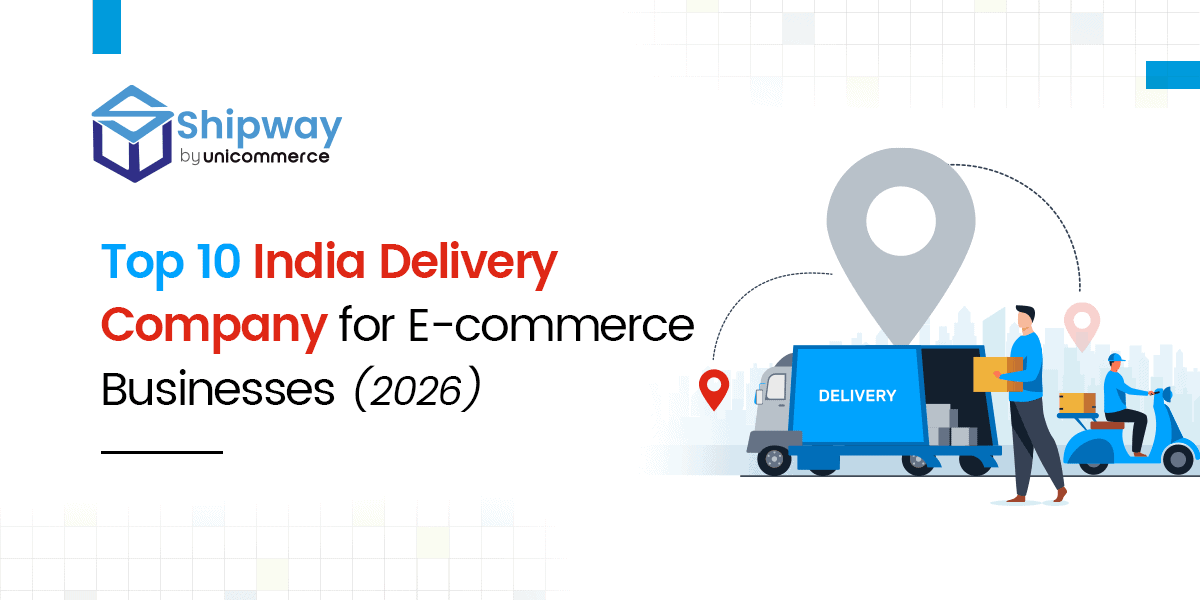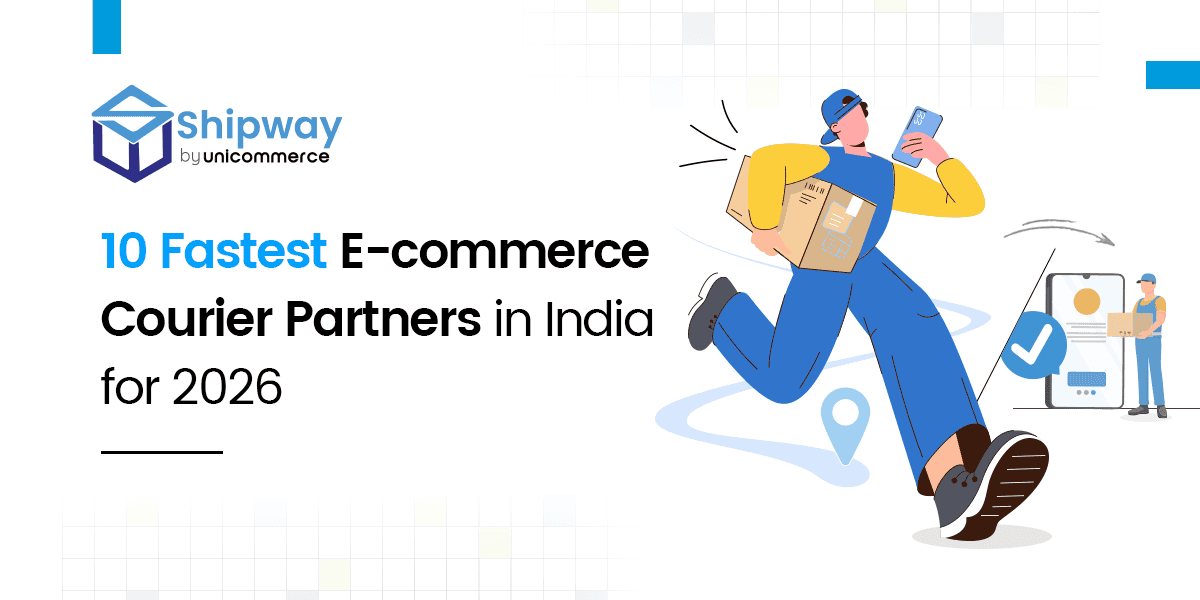-The eCommerce industry has grown at a tremendous pace since its inception to enter into its current state, which is characterized by a strong foothold in the market. In the process, some new challenges have also emerged in the landscape of eCommerce business at the global level. Merchants feel the need to adapt to the latest changes to stay in the hunt by gaining a competitive edge over their rivals.
The challenge that most eCommerce merchants face these days is to streamline their business operations effortlessly.
Well, here is a list of business functions that merchants can employ for efficient and effective workflows.
1. Order management
The eCommerce business has observed a paradigm shift from traditional physical stores to online stores. This transformation has increased the demand for multichannel order management.
With hundreds of sales channels be it a marketplace like Amazon, Ebay, Etsy or sales channels like Shopify, Magento, Woo-commerce, its becoming difficult to manage and process your orders. The ability to manage orders on more than one digital channel is their best bet to stay in the hunt. This not only helps eCommerce businesses retain existing customers but also acquire new ones.
Multichannel order management process includes product listing, inventory management, order placement and processing, billing, payment collection, fulfilment, shipping management, and communication.
- Import all your orders at one place: Having a fully integrated order management system enable eCommerce business owners view and manage all the orders from a single platform. Thus, they can free themselves from logging into multiple portals to track the orders and their progress.
- Address verification: Incorrect address is a big problem in eCommerce shipment deliveries, can take upto 10% of failed deliveries, in order to reduce the failed deliveries you need to have an automated address verification mechanism
- Bulk printing of shipping labels & Invoices:- Batch processing and bulk printing of shipping labels & invoicing is the need of the hour for anyone selling stuff online. With thermal printers these things become even easier
2. Inventory Management
Successful inventory management serves as a robust platform for an eCommerce business and propels it to the zenith of success.
Time and money are the two critical aspects of an eCommerce business. Having a centralized inventory management process can help companies save both. It also empowers businesses with
- Precise forecasting: Monitoring customer demands in a particular season and focusing on marketing promotions benefits an eCommerce business to forecast customer needs accurately.
- Product Assessment: Along with forecasting, segregating the products that are highly on demand and those that aren’t is also crucial. Storing the latter in the inventory for a long time can pose a threat in selling for an eCommerce store. So, they can provide attractive discounts on such item’s purchase.
- eCommerce business-Supplier Relationship : For an eCommerce store, it is essential to foster a positive relationship with suppliers. This ensures the systematic delivery of products. Besides, it is also wise to have backup options. Thus, when the main suppliers cannot ensure timely delivery due to some reasons, the rest can do it readily; hence, keeping your brand image intact in your customers’ mind.
In addition to efficient inventory management, the right contingency plan should also work as the connector between eCommerce stores and its customers without compromising the interest of either party. Mentioning the same in the terms and conditions not only clears all doubts on the minds of customers but also saves time, money, and hassle for business at the subsequent stages.
3. Fulfilment Automation with 3PL (Third Party Logistics) integration
3pl(Third Party Logistics) Integration:-
- Third party shipping integration requires lots of things, such as
- Serviceable Zip codes management based on Cash on delivery & Prepaid orders
- Comparing shipping charges with different carriers and their service types
- Real time assigning of tracking numbers.
- Auto-manifestation, soft data upload to shipping APIs
You system needs to have all the above capabilities in order to fulfil your orders efficiently.
Expecting this to be done manually can lead to delays and errors. Besides, in this digital era, customers expect error-free manifestation from the side of eCommerce companies. Moreover, the reputation of an eCommerce company hinges on its success.
- Picking a product, packing, and shipping it: The success of eCommerce business depends on taking customer orders and dispatching them successfully. This needs to be done without fail. Doing it successfully creates a win-win situation for an eCommerce company as well as its customers. The former can prevent the possibilities of inaccuracies in monitoring its stocks in the inventory, whereas the latter can keep the likelihood of product returns at bay. Automating the process of picking up orders by using tools such as a barcode scanner can be of immense help.
- Order Shipping, Schedule pickups, tracking & Delivery: One of the important aspects of order fulfilment is to ensure the swift delivery of items. It helps companies build a positive image and thus retaining customers for a long period. Leveraging the benefits of shipping management software like one from Shipway.com can help soar the business.
With the increasing dependence on eCommerce businesses, fulfilment automation has appeared as one of the modern trends. Therefore, it makes a lot of sense for eCommerce businesses to employ software and systems that eliminate the time-consuming manual efforts and make the execution of this task seamless.
4. Returns Management with automatic reverse pickups
When it comes to shopping from physical stores, owners persuade ‘no return or no exchange’ policy. Thus, they can free themselves from the hassles of product returns. But, this is not the case with eCommerce businesses.
eCommerce companies empower customers to return the products after its delivery as well as cancel the order while it is in transit. The former can happen due to a variety of reasons- right from customer dissatisfaction to the delivery of the wrong product.
Thus, eCommerce stores require having a well-conceived and documented return policy. Ideally, it should be mentioned under terms and conditions so that customers are well-informed about what they can return and under what circumstances. Furthermore, it is also crucial to state the procedure of returning an ordered or delivered item beforehand. This is one of the best practices that put customers as well as the owners at ease. As a spin-off, it creates a positive image of an eCommerce store on its customers’ minds.
To keep things simple and straightforward, an eCommerce company should think about embracing the following set of best practices:
- Analyze the cost of returns
- Keep product descriptions as precise as possible
- List products that have run out of stock
- Use accurate shipping process
- Deliver the products when committed
5. Automatic Accounting & Invoicing
In this age of digital advancement and automation, there is no dearth of options for accounting and invoicing software. However, it is necessary to make an informed choice by weighing all the pros and cons. The selection of software and the adoption of the best practices go hand in hand with the business goals of an eCommerce store.
It is essential to conduct proper trials and see how a software functions for a specific business before finalizing to incorporate it for accomplishing accounting and invoicing tasks effortlessly. Besides, accurate and faster output, the system must also help retrieve certain payee or transaction details as and when required.
6. Customer notifications & alerts
Online shopping has created a buzz in the eCommerce market. As it allows customers to purchase the products at their convenience in no time, it is the most preferred mode of shopping nowadays. That said, it takes some time for products to ship from an eCommerce store and get delivered at a customer’s address. When an order product is in transit, several questions may cloud a customer’s mind.
To circumvent such issues, eCommerce businesses must equip themselves with an appropriate tracking tool like Shipway.in. Such tools help customers receive shipment status update and track their product. This reduces customer queries and enhances customer experience. Additionally, it is an effective way to increase customer loyalty with better engagement.
Final thoughts
The success mantra for an eCommerce store can be broken down into the seven core aspects, as stated above. Each of these elements is interconnected. They go hand in hand to address the customer requirements and thereby steer an eCommerce business to success.
You may also like…
Top 10 India Delivery Company for E-commerce Businesses (2026)
Choosing the right India delivery company is crucial for eCommerce businesses looking to provide fast, reliable, and cost-effective shipping. The...
read moreTop B2B Logistics Companies in India for 2026: Reliable Partners for eCommerce & Enterprise Shipping
The B2B logistics sector in India is booming, projected to contribute over 30% of total industry revenue by 2028. With the rapid growth of eCommerce...
read more10 Fastest eCommerce Courier Partners in India for 2026
Finding a fast delivery service in India has become essential for every growing eCommerce brand. With customer expectations rising rapidly, online...
read more




